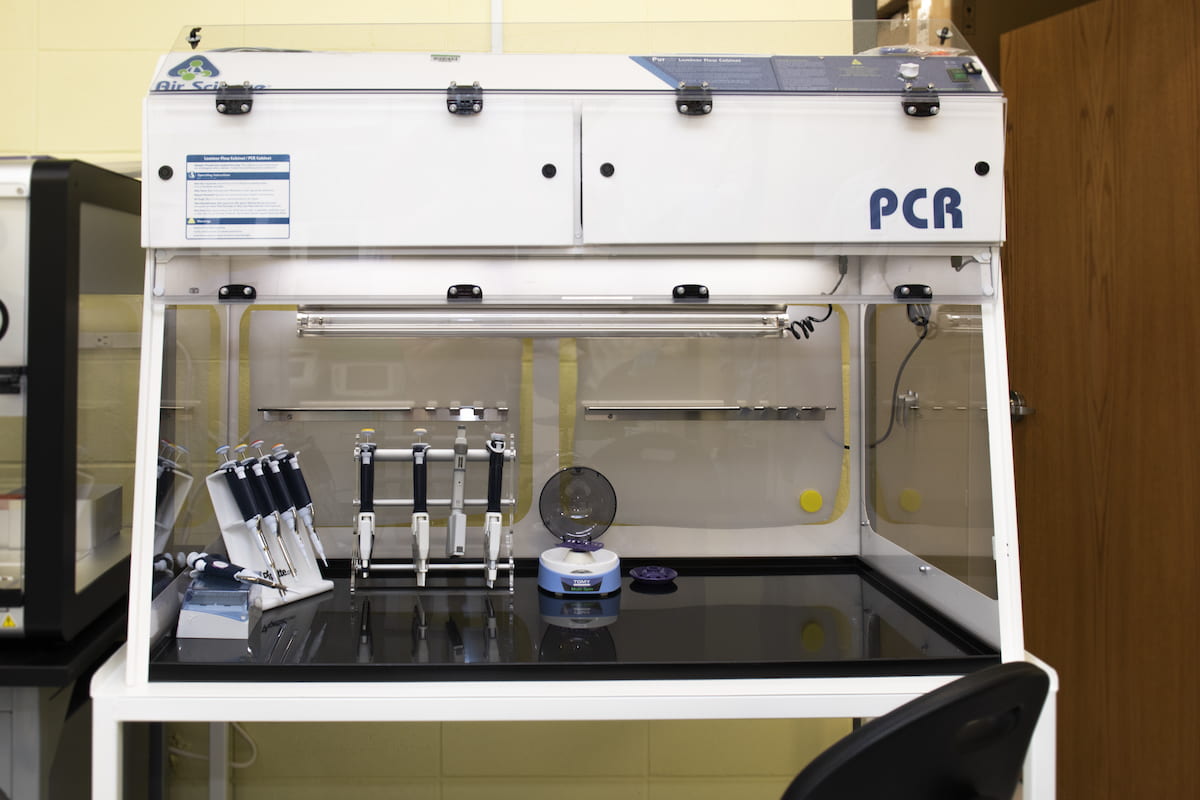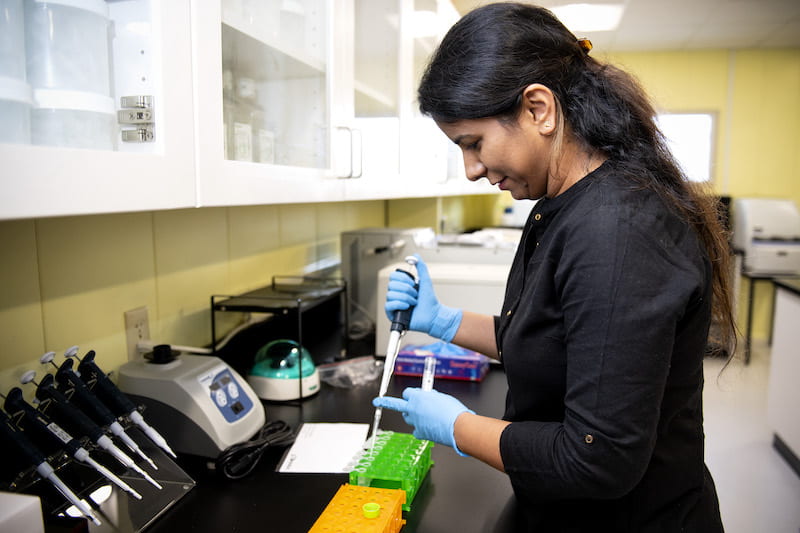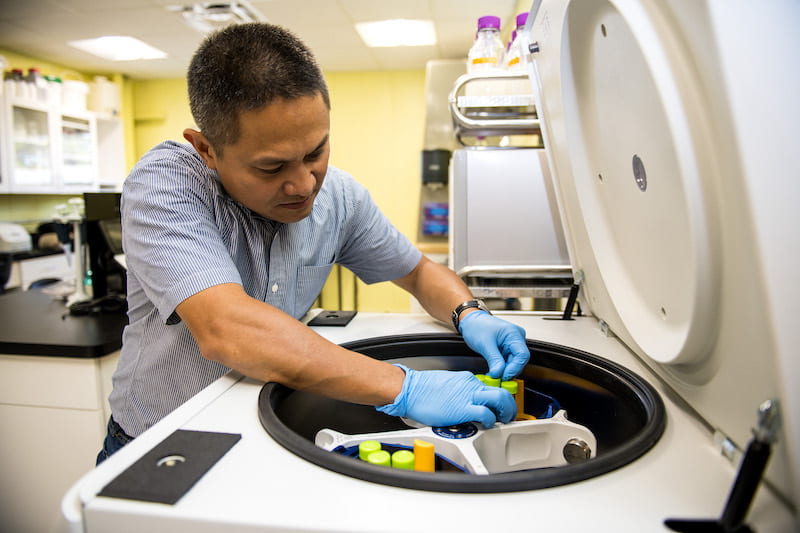Start Clean, Stay Clean
The Arkansas Clean Plant Center safeguards and improves fruit crop productivity and sustainability through clean plants.
The Arkansas Clean Plant Center conducts pathogen testing and elimination for the U.S. fruit industry. Our goal is to provide the highest quality foundation planting stocks, free from harmful pathogens, to support sustainable fruit production.
What We Do
ACPC Services
The ACPC offers comprehensive diagnostic services and clean-up therapy on fruit crops. Select a service below to learn more about how we can help your operation.
ACCEPTED CROPS
Our diagnostic and therapeutic services are available for the wide range of crops included but not limited to those below.
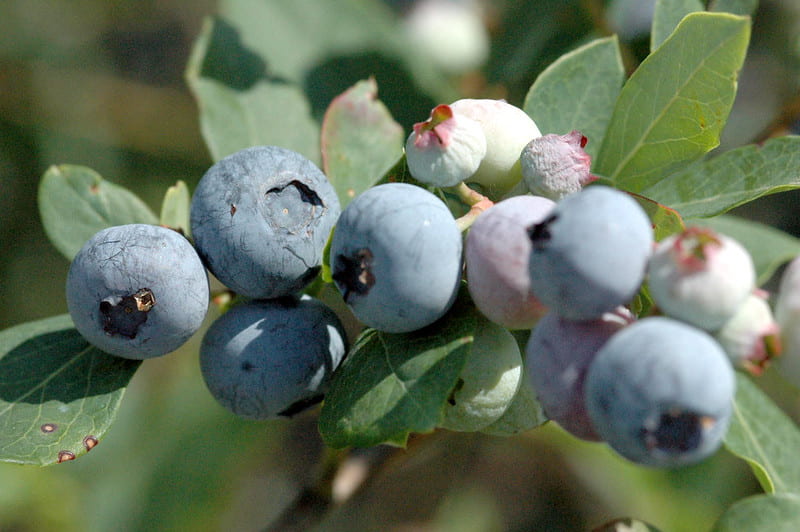
Blueberry
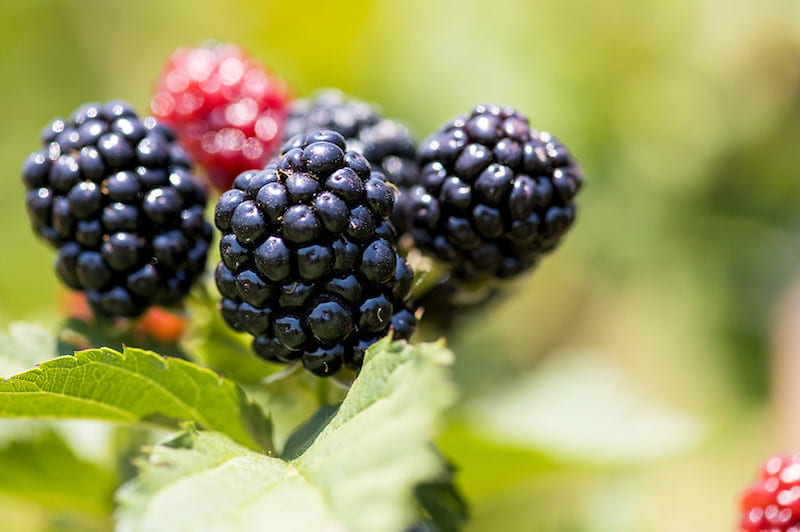
Blackberry
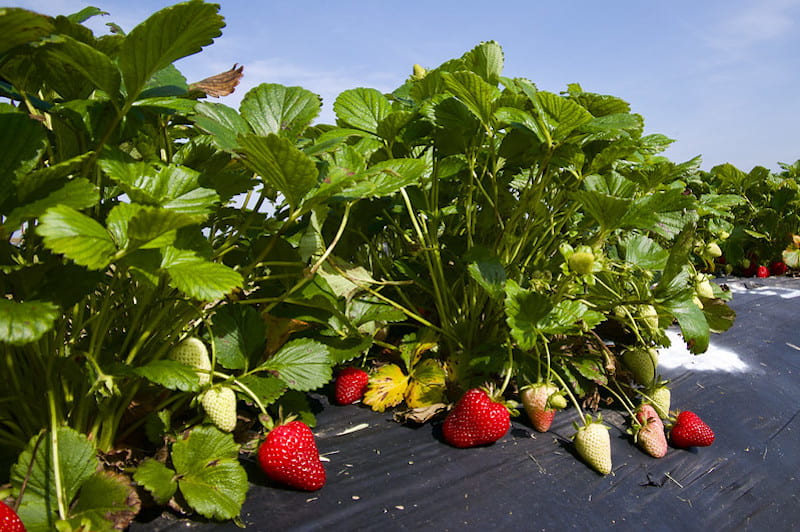
Strawberry

Raspberry

Cranberry
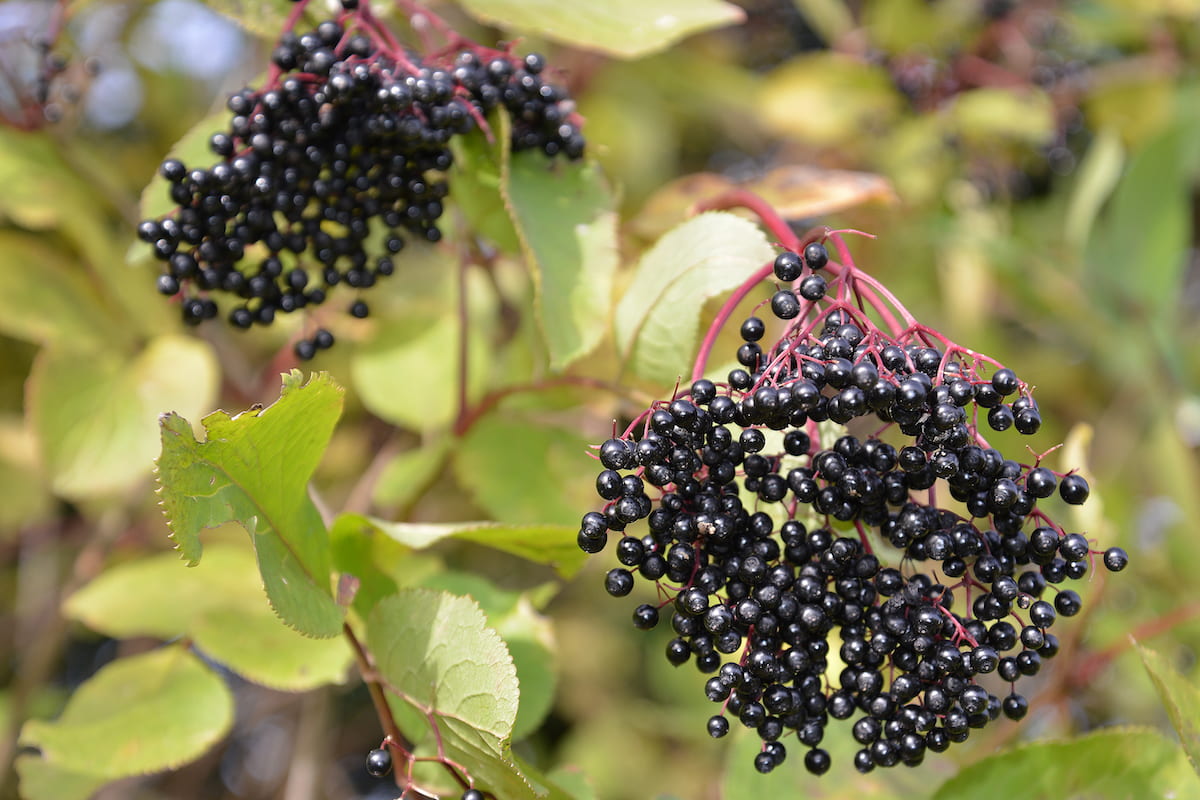
Elderberry
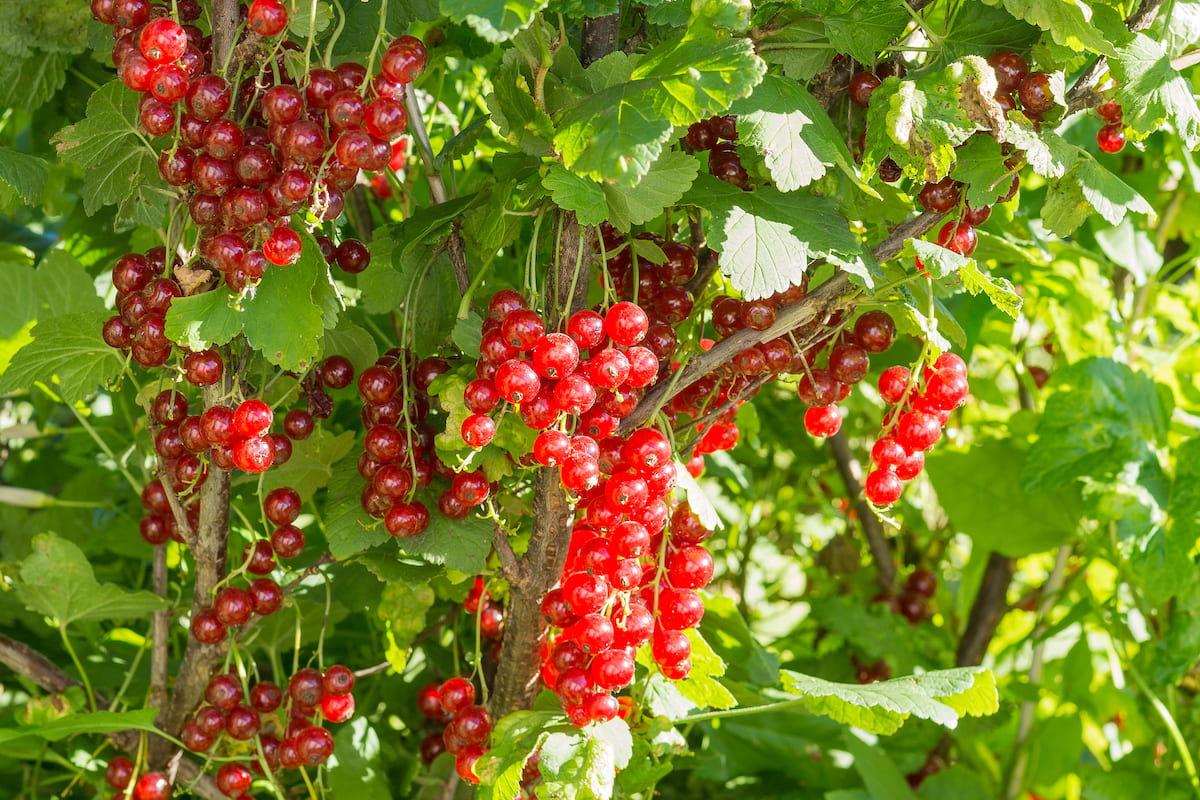
Black and Red Currants
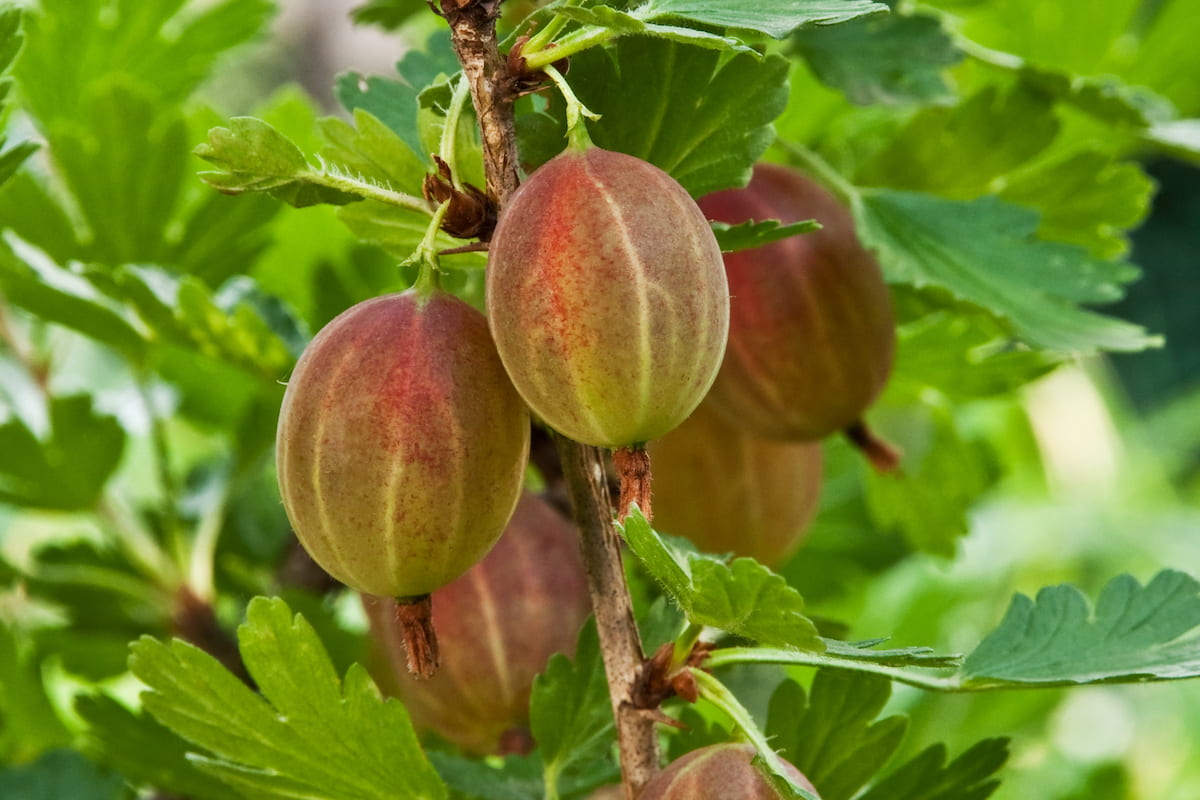
Gooseberry


